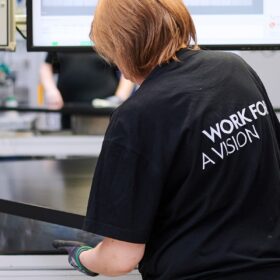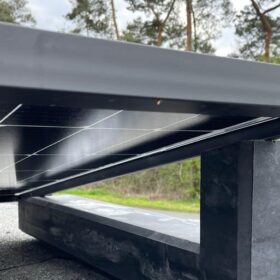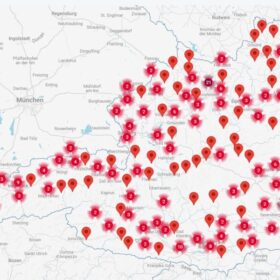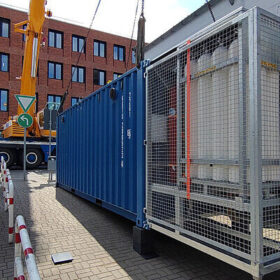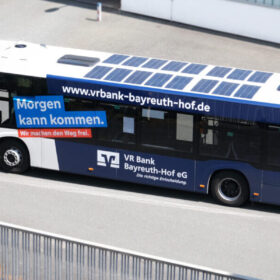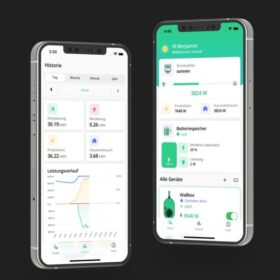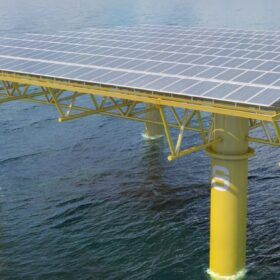Germany records 1.2 GW of new solar in July
Germany deployed 1.2 GW of new solar capacity in July, contributing to a 7.69 GW expansion in total new PV capacity for the first seven months of 2023. By the end of July, the nation’s cumulative installed solar capacity had surged to 75.17 GW.
German consortium plans 5 GW vertically integrated solar module production
Heckert Solar, Wattkraft and Interfloat are planning to invest around €2 billion ($2.18 billion) in three different manufacturing facilities that will produce everything from polysilicon to solar modules.
German cabinet approves measure to expedite solar deployment
The German Federal Ministry for Economic Affairs has approved measures to streamline solar deployment, with a target of 215 GW of installed capacity by 2030.
Meyer Burger shifting focus to US market
Meyer Burger is now prioritizing the establishment of new module and cell production facilities in the United States, driven by favorable market conditions in the country.
GreenAkku unveils L-base for PV systems on flat rooftops, gardens
GreenAkku says that its 24 kg exposed concrete base for solar arrays enables the installation of PV systems on flat rooftops and in gardens, without the need for additional substructures or drilling.
Austria publishes map of locations with available grid capacity for PV
The Austrian government introduced the Electricity Industry and Organization Act (ElWOG) two years ago, leading to the creation of a map of locations with available grid capacity for solar. The ElWOG require grid operators to be transparent about grid-connection capacity.
Turnkey solution for self-sufficient electricity, heat supply from hydrogen
Germany-based Ostermeier H2ydrogen Solutions has developed a containerized solution to produce heat and hot water from hydrogen. It includes a photovoltaic inverter, a battery, a heat pump, a heat and cold buffer storage system, an electrolyzer, a compressor, and a fuel cell.
Sono Motors equips first bus with PV retrofit solution
Sono Motors has equipped its first bus with its PV retrofit solution, featuring 16 semi-flexible rooftop solar modules to feed 1.4 kW of output into the vehicle’s battery system.
German startup offers app to maximize use of solar power surplus in homes
Clever-PV has developed a manufacturer-independent energy management solution for homes. The app is free to download from app stores and can be connected to PV systems, wall boxes, heat pumps, and other smart devices. This allows users to optimize the use of self-generated solar power.
Offshore floating PV demonstrator to go online on Belgium’s North Sea coast
The SeaVolt consortium says it will launch an offshore floating PV demonstrator off the Belgian port of Ostend. The main companies – Tractebel, DEME, Equans and Jan De Nul – say the anchored floating array will collect data for at least a year to scale up the tech.




